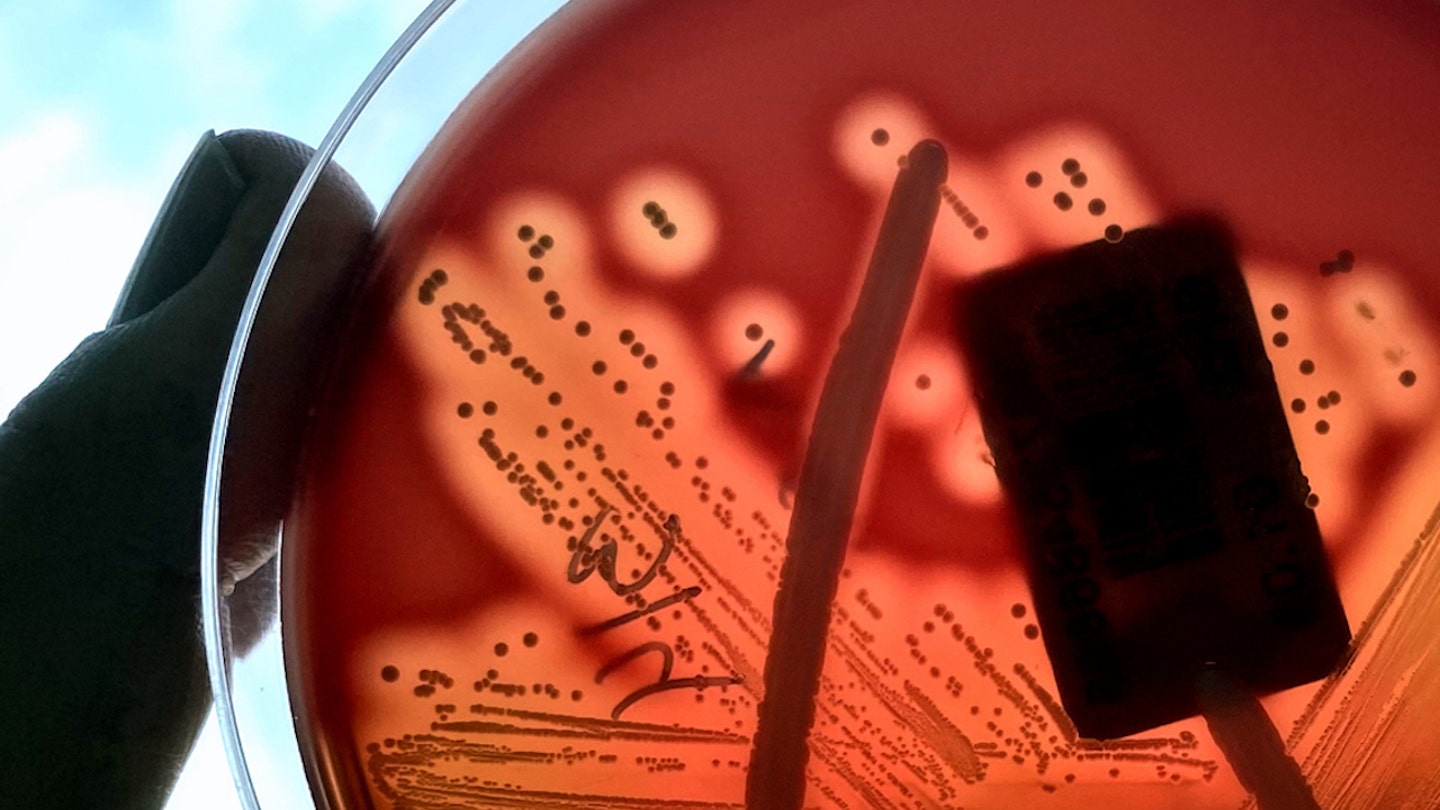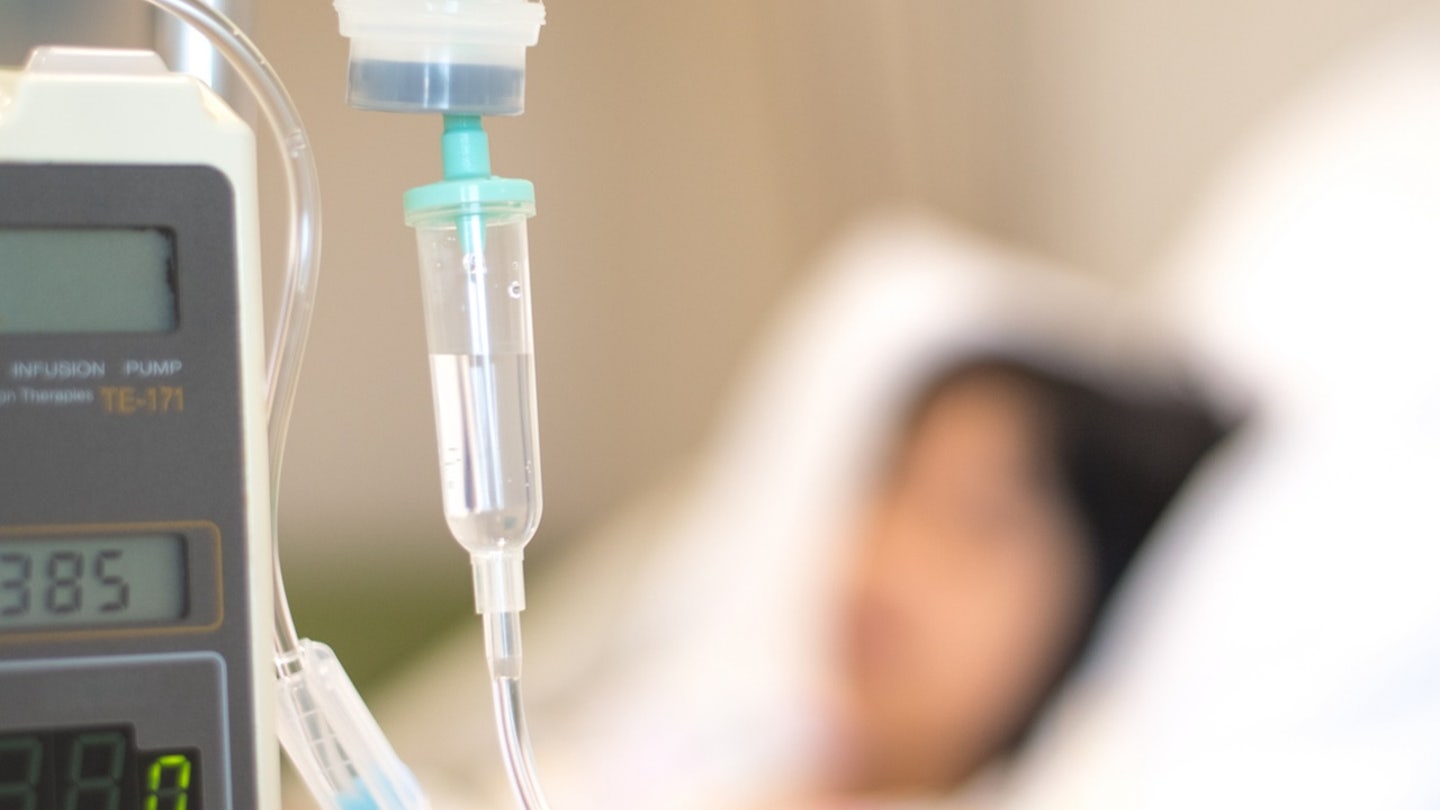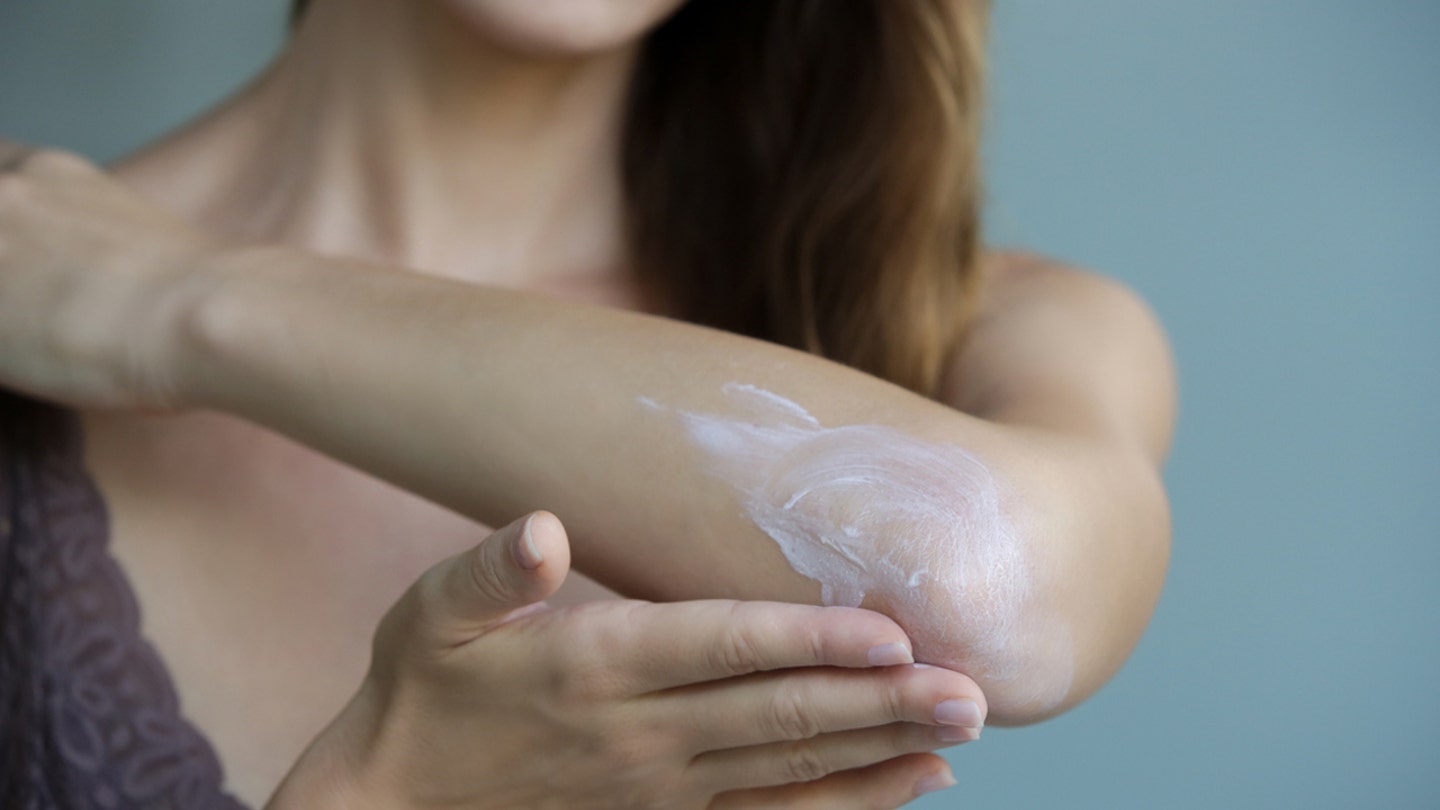Japan is reporting a spike in potentially fatal bacterial infections.
Cases of streptococcal toxic shock syndrome (STSS), which is caused by Group A Streptococcus bacteria, have reached 977 in the country so far this year as of June 2, according to Japan’s National Institute of Infectious Diseases.
That is almost triple the number of cases reported at this time last year.
AMID SURGING CRUISE SHIP ILLNESSES, EXPERTS SHARE WAYS TO STAY SAFE ON THE HIGH SEAS
The cause for the surge is not known.
It could be linked to weakened immunity after the COVID pandemic, according to Tokyo Women’s Medical University professor Ken Kikuchi.
Takeshita Street in Harajuku is one of the most popular streets in Tokyo. Japan is currently reporting a spike in potentially fatal bacterial infections. (iStock)
“We can boost immunity if we are constantly exposed to bacteria, but that mechanism was absent during the coronavirus pandemic,” Kikuchi told NKH World Japan.
“So, more people are now susceptible to infection, and that may be one reason for the sharp rise in cases.”
“It can lead to sepsis and death if not treated quickly with antibiotics and fluids.”
Thomas Moore, M.D., a clinical professor at the University of Kansas School of Medicine-Wichita, said he’s not convinced the pandemic is the culprit.
“I can’t conclusively say that that’s incorrect, but this is the kind of thing where it spreads more easily when people are crowded together, like they can be in Tokyo,” he said in an interview with Fox News Digital.

Streptococcal toxic shock syndrome (STSS) is caused by Group A Streptococcus bacteria. (iStock)
“So it’s not so much an effect of weakened immunity as much as it is a very brisk immunity — a brisk immunologic reaction that results in the illness.”
TIGER MOSQUITOES BLAMED FOR SPREAD OF DENGUE FEVER: ‘MOST INVASIVE SPECIES’
Dr. Marc Siegel, clinical professor of medicine at NYU Langone Medical Center and a Fox News medical contributor, warned that STSS can overcome an immune system that isn’t functioning properly.
“It’s similar to toxic shock syndrome, but with strep instead of staph,” he told Fox News Digital.
What is STSS?
Streptococcal toxic shock syndrome is a rare but serious bacterial infection, as defined by the U.S. Centers for Disease Control and Prevention (CDC).
It occurs when the Group A Streptococcus bacteria travels into deep tissues and the bloodstream.
“Everybody’s familiar with strep throat, and that’s generally the same organism,” said Moore.

“The main difference between common, regular strep throat and this particular condition is a specific gene that produces a toxin that results in this severe outbreak,” an expert said. (iStock)
“The main difference between common, regular strep throat and this particular condition is a specific gene that produces a toxin that results in this severe outbreak.”
Although STSS usually does not spread from person to person, the less severe group A strep infection — which can lead to STSS if it spreads to the tissues or bloodstream — is very contagious.
AS CHOLERA CASES RISE WORLDWIDE, HEALTH OFFICIALS SOUND ‘CONCERNING’ ALARM ABOUT VACCINE SHORTAGES
Initial symptoms usually include fever and chills, muscle aches, and nausea and vomiting, per the CDC.
Within a day or two, blood pressure starts to drop, which can lead to more dangerous effects like elevated heart rate, rapid breathing, sepsis, tissue death and organ failure.

People with STSS require hospitalization and immediate medical care, including intravenous fluids and other treatments for shock and organ failure, the CDC said. (iStock)
STSS can be fatal, with about one in 10 patients dying from the infection.
Although there is no specific test for STSS, it is diagnosed based on the presence of group A strep, low blood pressure and issues with two or more organs (blood, kidney, liver, lung, skin or soft tissue).
CLICK HERE TO GET THE FOX NEWS APP
Higher-risk groups include older adults over 65, people with open wounds, and those with diabetes or alcohol use disorder, according to the CDC.
People with STSS require hospitalization and immediate medical care, including intravenous fluids and other treatments for shock and organ failure, the agency stated on its website.

Frequent hand-washing is one of the most effective prevention tactics, doctors say. (iStock)
“It can lead to sepsis and death if not treated quickly with antibiotics and fluids,” Siegel warned.
In severe cases, he said, patients may require surgery to remove infected tissue or even limb amputation.
Prevention tips
Although there is no vaccine for Group A strep infections, the CDC recommends implementing prevention tips — chiefly limiting exposure to those who are infected.
CLICK HERE TO SIGN UP FOR OUR HEALTH NEWSLETTER
It is also important to properly clean and care for wounds and fungal infections.
“If it gets on your skin where you have a break of some kind, it can invade the lymphatic system and cause infection,” Moore warned.

It is important to properly clean and care for wounds and fungal infections to prevent infection, according to experts. (iStock)
The doctor typically sees this in people who have swelling of their legs due to obesity, diabetes or a condition such as athlete’s foot, he said.
“When streptococcal infection gets in through other parts of the body, like the legs or a surgical incision, that can be pretty serious,” he said.
For more Health articles, visit www.foxnews/health
Frequently washing hands, following proper coughing and sneezing etiquette, and thoroughly washing all dishes after use can help prevent spread, per the CDC.
Treatment with antibiotics also minimizes contagion.
